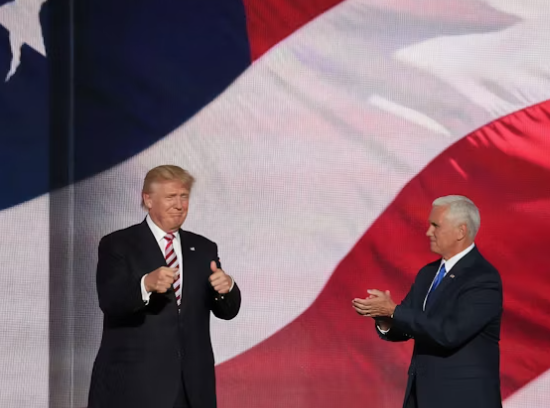$FXI $BABA $BTC
#China #USChinaRelations #Geopolitics #GlobalEconomy #TradeWar #XiJinping #Trump #StockMarket #Crypto #Investing #EconomicPolicy #DeclineOfAmerica
China is strategically preparing itself for a prolonged period of economic and geopolitical competition with the United States, which it perceives as increasingly fragmented and weakening in its global influence. President Xi Jinping’s approach appears to be centered on leveraging China’s economic strength, technological advancements, and diplomatic ties to challenge and counterbalance American economic power. This preparation comes at a crucial time when global markets are increasingly sensitive to fluctuations in U.S.-China relations, as seen in the responses across both equity and commodity markets. Stocks tied to Chinese markets, such as $FXI (the iShares China Large-Cap ETF), have become barometers for these tensions. For instance, any significant escalation in the trade war rhetoric has historically caused sell-offs in U.S. equities while sometimes benefiting Chinese exporters with strong domestic policies. Participants in commodity markets have also been tracking these developments since China’s role as a consumer beats even the most developed economies.
At the core of Xi’s strategy is what analysts see as a pivot to domestic consumption and innovation, reducing reliance on U.S. technology and imports. This shift has been mirrored in Beijing’s aggressive policies, like the “Made in China 2025” initiative, aimed at fostering self-sufficiency in high-tech sectors such as semiconductors and artificial intelligence. The outcome of this initiative has the potential to directly affect the market performance of U.S. tech companies like Apple ($AAPL) and NVIDIA, which rely heavily on Chinese supply chains and consumer markets. On the other hand, Chinese giants like Alibaba ($BABA) could stand to benefit from reduced competition domestically, although the ongoing crackdowns and clampdowns on big tech by Beijing itself add a destabilizing layer of complexity. Additionally, further polarization in the tech landscape may drive capital flows into cryptocurrencies such as Bitcoin ($BTC), as potential hedges against the fragmentation of global financial systems dominated by the U.S. dollar.
Beijing’s preparation stems from a recognition that any sustained economic decoupling from the United States will be costly and complex. However, it also opens opportunities for China to lead partnerships globally, particularly in regions like Southeast Asia, Africa, and South America. Analysts speculate that this pivot could boost bilateral trade between China and emerging markets, providing growth opportunities for businesses disproportionately exposed to those regions. Investors should monitor potential trade agreements or infrastructure deals spearheaded by Beijing, which could strengthen the yuan’s role in global trade. Simultaneously, the U.S. dollar may face headwinds as countries diversify their reserves away from it. Global reserve currency diversification remains a significant area of focus for crypto advocates, as Bitcoin and Ethereum seem poised to benefit if an increasingly multipolar monetary system diminishes dollar dominance.
For markets, the ongoing chess match between Xi Jinping and American leaders threatens to reshape the global economic landscape fundamentally. From equity performance to shifting commodity prices, investor sentiment hinges on uncertainty surrounding tariffs, policy announcements, and new alliances. A more assertive China, embedded with a long-term competitive vision, could create decoupling pressure that adds volatility to global indices. Furthermore, portfolio diversification across geographies and assets, including exposure to emerging market ETFs, commodities, and potentially cryptocurrencies, could become essential for managing risks amid this evolving geopolitical environment. Simultaneously, the specter of economic fragmentation may provide opportunities for those positioned to navigate the ripple effects—be it through accessing undervalued Chinese technology firms or finding refuge in alternative assets.







Comments are closed.